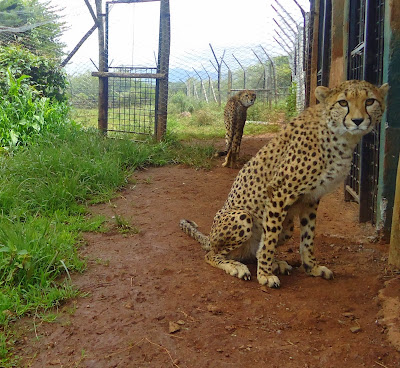22 October 2013
On my way to a nearby town I sat next to a man who began to berate me
with all the common questions Ethiopians ask foreigners:
“Where are you go?” “Where do you live?”
“Can you speak Amharic?”
“What is your job?”
“Can you help me immigrate to your country?”
“How is
Ethiopia?”
“Which language is better Amharic or
Oromiifa?”
Finally it
came to my marital status because he noticed I wear a gold band on my left
hand. I spoke my standard lies: “Yes, I
am married. He is not an Ethiopian. He lives in America. He has a job.”
Then we moved into more linguistically complicated territory:
“Do you have children?”
I have enough language skills to say “no” or “I am too young”
but because I like to subtly confuse and upset Ethiopians from time to time I sometimes
enjoy lying to these annoying and intimate questions. Most of the time I say “I don’t want children. They are dirty,
expensive and they cry too much.” This normally is a sufficient answer
because the interrogator is so dumbfounded they can’t continue the
conversation. However, this stranger with 20 questions sitting next to me was
not put-off. “Do you and your husband have
sex anyway?” “What’s the point of being married if you’re not going to have
children?” The questions went on and on until I finally said “Actually, I wouldn’t mind having children,
but my health is not good and to tell you the truth, I’m barren.” I looked
down at my stomach and touched it softly as I let the words sink into his
brain. When I looked up again he said “okkkaayy…”
as he diverted his eyes and let the tidal wave of awkwardness hit him. Like a
magical spell, my over-curious bus mate got quiet and the conversation was
over. Why didn’t I think of this brilliant line 24 months ago?
It doesn’t take much time before the coin changes sides in
Ethiopia and the revenge of the awkward silence found me when I least expected
it. Today, I was shopping at the small corner stores around my house buying
ingredients to make banana bread. As I waited for my neighbor to collect eggs a
crazy man came up and asked me to buy him cigarettes. I ignored him but he
lingered there as I stood, unable to leave, waiting for my eggs. I held my bag
tightly, checked that my phone was secure in my pocket and prepared myself for
anything. Then BAM! Without
any sudden movements his pants fell down! He stood there motionless and un-phased,
though he must have felt some draft of cool air. I turned quickly and faced the
fence as I tried to pass time by calculating the days until I get to move out
of my town.



































